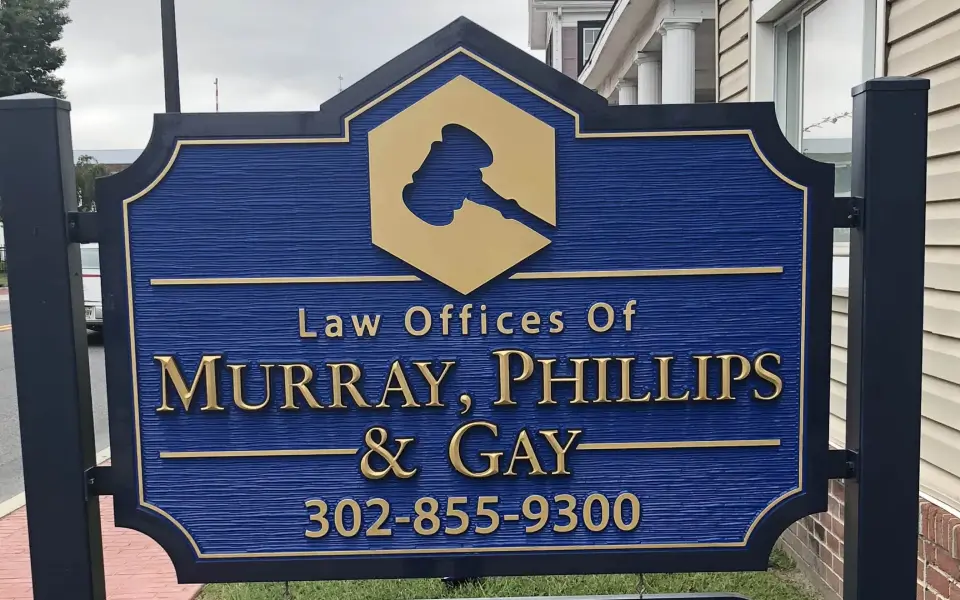Domestic Violence And
Protection From Abuse
Domestic Abuse Defense Attorney

Police Response To Domestic Violence
In eight cases out of 10, the person charged with domestic violence is male. However, a female can also be charged.
Consequences Of A Domestic Violence Conviction
Protection From Abuse Orders

Protection From Abuse Filing Process
When someone files a protection from abuse petition, it goes before a Commissioner of the Family Court to determine if the accusation supports an immediate order. Often there is very little evidence that is presented other than the Petitioner’s allegations. This leaves the Commissioner in the difficult position of needing to decide whether the allegation sounds real enough to issue an immediate Order or simply allow the matter to be scheduled for a hearing.
If the Commissioner decides the allegations warrant an immediate order, he or she can order, among other things, that the offender or Respondent be required to leave his home, relinquish firearms and have no contact with the person claiming to be the victim or his children. The court can also issue temporary custody orders. This is called an ex parte order which means an order entered without the person having the opportunity to give their side of the story. Ex parte orders are routinely granted even though one side has not yet had the opportunity to respond.
PFA Hearing Process
Once a Petition for Protection From Abuse has been filed and a decision made whether to issue an ex parte order, the Petition needs to be served on the Respondent and a hearing scheduled within 10 days. In many cases, the Respondent’s first notice that he or she is being accused of abuse is when a police officer shows up on the Respondent’s doorstep, provides a copy of the order, tells them to relinquish their firearms and leave the home.
Under these circumstances, the Respondent must now prepare to defend themselves from the allegations. The amount of time to get a lawyer and prepare for the hearing is usually less than 10 days. If the Petitioner is a woman, she may also be able to get a free lawyer and has access to the Victim’s advocates. The Respondent must find their own attorney or go without one.
The process happens very quickly and can have drastic implications. When a Respondent shows up for the hearing date, they are now faced with the decision of whether to enter into a consent agreement which would become an Order, or proceed to a hearing where they can present their side of the story.
Unfortunately, the burden of proof at a hearing is the same as in other civil cases, the preponderance of the evidence. What does a Commissioner believe is more likely to have happened? Who does the Commissioner believe more?
It is not like a criminal case where the allegation has to be proven beyond a reasonable doubt. In addition, the Respondent does not have the opportunity to investigate the allegations or review the evidence against them before the hearing. Yet, the Respondent must still make the choice of whether to proceed to a hearing or try to negotiate a consent agreement which a Respondent may have to live with for a year. In either event, whether it is a consent agreement signed as an Order or a finding of abuse by the Court, the Respondent faces criminal charges if the Order is violated.

Attorney Consultation
Contact Us
Testimonials
What Our Client Says






Contact Your Delaware Criminal Defense & Family Law Lawyers
Serving Sussex & Kent County





